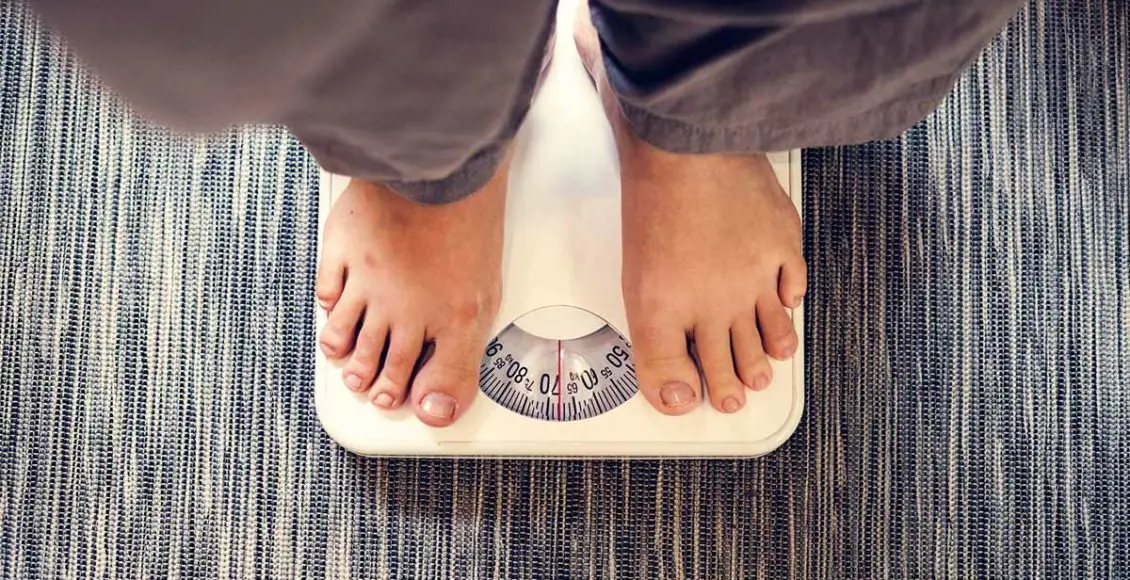Across the globe, around 400 million people suffer from type 2 diabetes: a chronic health condition that can cause damage to major organs in your body and eventually lead to kidney problems, blindness, heart disease, and other issues.
Thankfully, type 2 diabetes can often be sidestepped through keeping a healthy weight, regular exercise, and eating a well-balanced diet. And even if you happen to develop the condition, it won’t necessarily be permanent.
In the last few years, studies have shown that it’s entirely possible to reverse type 2 diabetes and send the disease into remission, and a recent study shows that recovering from the disease could be a lot simpler than you might think.
“We’ve known for some time now that it’s possible to send diabetes into remission using fairly drastic measures such as intensive weight loss programmes and extreme calorie restriction,” says Hajira Dambha-Miller an epidemiologist from the the University of Cambridge.
“These interventions can be very challenging to individuals and difficult to achieve.”
Difficult is about right. During a clinical trial back in 2017, patients were asked to adopt an intense “total diet replacement” which consisted of low-calorie shakes for close to five months, before gradually being reintroduced to proper food.
Such extreme interventions produce results – as do other heavy approaches involving medical combinations, insulin, and changes in lifestyle.
However, according to Dambha-Miller, sufferers of type 2 diabetes may not be required to turn to extreme solutions in order to increase their chances of reversing the condition.
“Our results suggest that it may be possible to get rid of diabetes, for at least five years, with a more modest weight loss of 10 percent,” Dambha-Miller adds.
In the latest study, the researchers tested a cohort of 867 people between the ages of 40 and 69 who were recently diagnosed with type 2 diabetes.
Each person who took part was from England’s east side, and they were monitored for five years during the experiment, in which some of them received an intervention treatment (additional medical consultations and resources) or a control group who received continual medical care.
At the end of the 5-years of follow-ups, 257 people were in remission.
In comparison to people who maintained their weight throughout the study, those who lost 10% of their body mass doubled their chances of reversing their type 2 diabetes diagnosis – and all of this without being pushed to make extreme lifestyle and diet changes.
The study’s authors highlight that past clinical experiments advocating substantial weight loss of 15% or more may be disincentivizing people who find it difficult to physically or emotionally reach such ambitious targets.
“This may provide some rationale for motivating people with newly diagnosed type 2 diabetes to lose weight rather than focusing on specific and potentially unachievable weight targets,” the researchers expand.
“Previous studies have shown that, when attempting to lose weight, people often set unrealistically high weight loss goals that could be detrimental to success.”
The findings are reported in Diabetic Medicine.
What are your thoughts on this breakthrough study? Let us know in the comment section.



